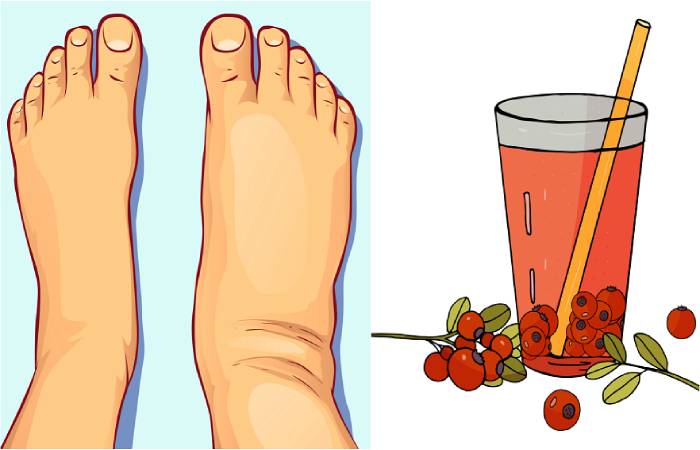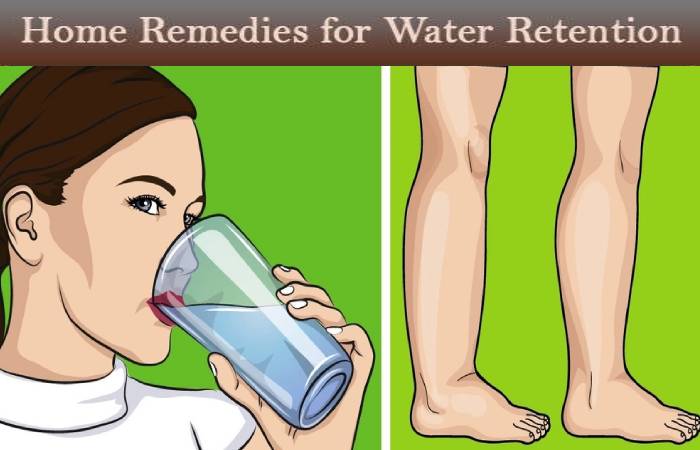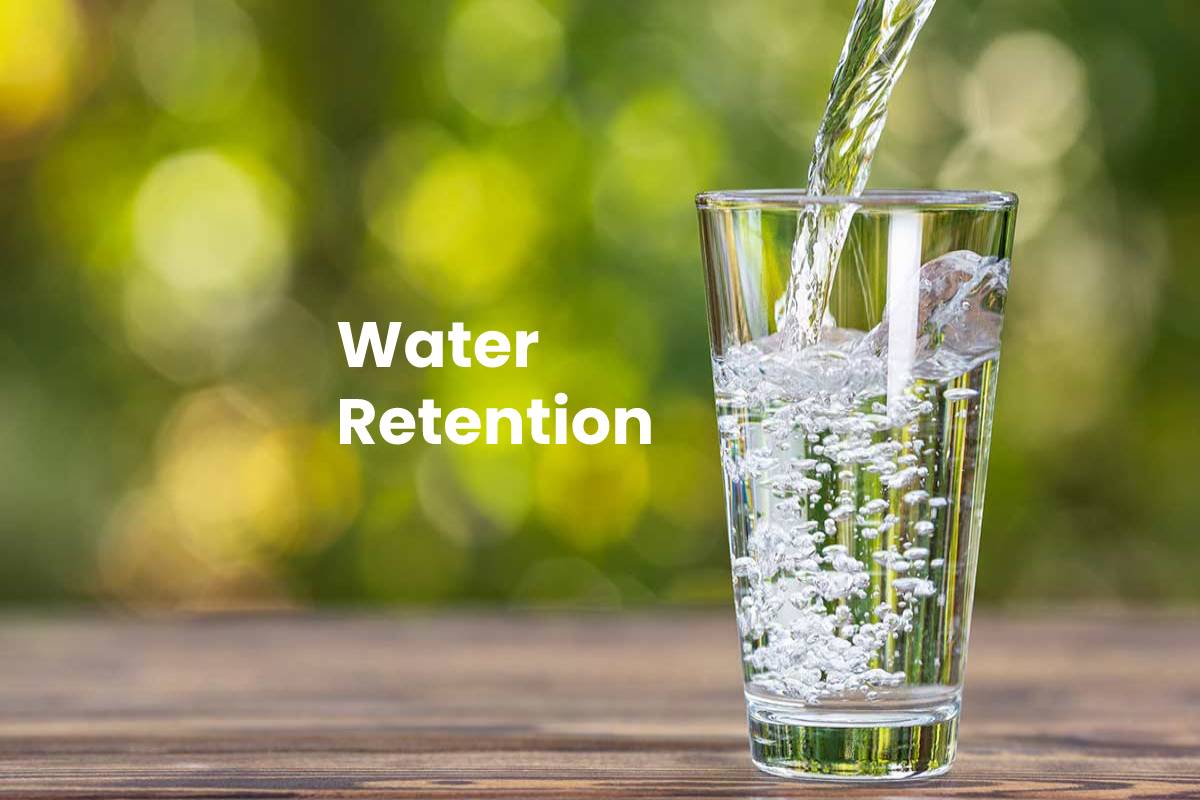Table of Contents
What is Water Retention
Water retention is a tendency of cells to retain fluids, toxins, and mineral salts. Usually, water retention causes by an imbalance between two specific mineral salts, potassium and sodium.
When sodium is higher than potassium, the body tends to retain more water. Furthermore, this disorder is affected by the alteration of not only venous but also lymphatic circulation.
It is a pathological accumulation of liquids in the extracellular space, therefore interstitial, partly due to inadequate lymphatic drainage or increased sodium content. By recalling water, it causes excess fluids to accumulate.
The stagnation of fluids occurs in specific areas of the body, which are predisposed to the accumulation of fats, in particular:
- abdomen
- thighs
- buttocks.
- Due to impaired circulation, toxins stagnate together with liquids.
- So, all this does nothing but alter your cellular metabolism, which already compromises by the insufficient supply of oxygen.
Causes of Water Retention
An imbalance between the venous and lymphatic systems and poor blood circulation are the elements that give rise to water retention.
In the absence of a specific pathology, however, the leading cause of these elements is an unbalanced lifestyle.
In particular, they can cause water retention:
- A low-calorie diet low in protein;
- Excessive consumption of foods rich in sodium and, more generally, of salty foods;
- Too much sedentary lifestyle or little physical activity;
- Activities that force you to stand for a long time without moving;
- Smoking and abuse of alcohol or substances such as coffee;
- Tendency to use clothes that are too tight and heels that are too high;
- Overweight slows down diuresis and promotes water retention.
Furthermore, standing up, due to the effect of gravity, worsens the situation if you have a venous return problem: it is called venous stasis (slowing of blood circulation). It occurs when the blood, instead of going up towards the heart, tends to stagnate.
Symptoms of Water Retention

The main sign of water retention is a situation where fluid build-up in the tissues causes swelling. It is swelling or edema.
In addition to the swelling, you can have:
- Aching limbs;
- Decreased urinary flow;
- Fatigue;
- Pins and needles.
- But how do you know if you have water retention? Several tests can do, such as the urine specific gravity test.
- But if you want a “home test” to try right away, press your thumb hard on the front of the thigh for a couple of seconds.
- If your fingerprint remains visible after removing your finger, you are most likely suffering from water retention.
How to Cure Water Retention?
- As we have seen, water retention strikes, especially during the hot season, but there are some precautions that you can implement to avoid water retention.
- A healthy and balanced diet is the first element to consider.
- One of the best ways to counteract or improve water retention can be applied at the table, taking care of your diet.
- Melarossa advises you to fill up on foods to combat water retention, to be consumed, especially at the beginning of the hot season. In addition to giving you relief against the heat, they can increase your fluid intake.
- Some foods are particularly draining, diuretic, rich in water, and with shallow levels of sodium that can help you.
How to Fight Water Retention?
- Drinking a lot throughout the day helps eliminate excess fluids favouring diuresis, but it is necessary to follow a low-sodium diet to make this effect better.
- Unlike many beliefs, water does not contribute to swelling but, on the contrary, stimulates good diuresis.
- Fruits and vegetables are allies of the line, and actual water concentrates perfectly for fighting swelling, orange peel, and pads.
- But it is not sure that you should benefit from their properties only during meals: a tasty and refreshing help, combined with a correct diet, comes from the flavoured waters.
- They help cleanse you and also have a draining and diuretic effect.
- Furthermore, thanks to the mineral salts and vitamins that the flavoured waters contain, you can replenish what ost with sweat and counteract physical and mental stress.
Home Remedies for Water Retention

- The first thing is to reduce sodium consumption, one of its primary sources is the salt we use for cooking, so it is necessary to minimize its consumption.
- Avoid spending a lot of time on your feet, especially in closed and hot places, so that the blood can circulate correctly.
- One of the most recommended is horsetail. This type of diuretic also has regenerative and astringent properties, making it an excellent natural remedy for fluid retention.
- Dairy products, such as milk, yoghurts, or cheeses, can take without inconvenience as long as they do not contain salt, reducing the consumption of aged and semi-aged cheeses as they have a high sodium content.
- The meat, both lean and fresh, can be continued as public limiting consumption of canned, smoked, sausage, pates, and any preservatives or meat containing high amounts of salt.
- As for fish, the stipulations are similar for meat: avoid those that are canned, smoked, or salted, such as cod.
- Both fruits and vegetables such as cereals can eat freely except salts, such as salted nuts or cookies and snacks.
- Concerning beverages, there are certain mineral waters with high sodium content, so it is advisable to verify that the type we choose contains less than 50 milligrams per litre.
- Finally, products such as sauces (mustard, ketchup, pink sauce, soy sauce, mayonnaise, etc.) recommend and precooked foods or fast foods.
- And any product that contains additives or flavour enhancers be eliminated from the diet since they tend to have a high sodium content.
Conclusion
Water retention is your great enemy, but what must you do to defeat it? Gastroenterologists and nutritionists explain what water retention is and the good habits that follow to beat it.
In addition, Melarossa has prepared a list of foods to drain and deflate to include in your diet.

